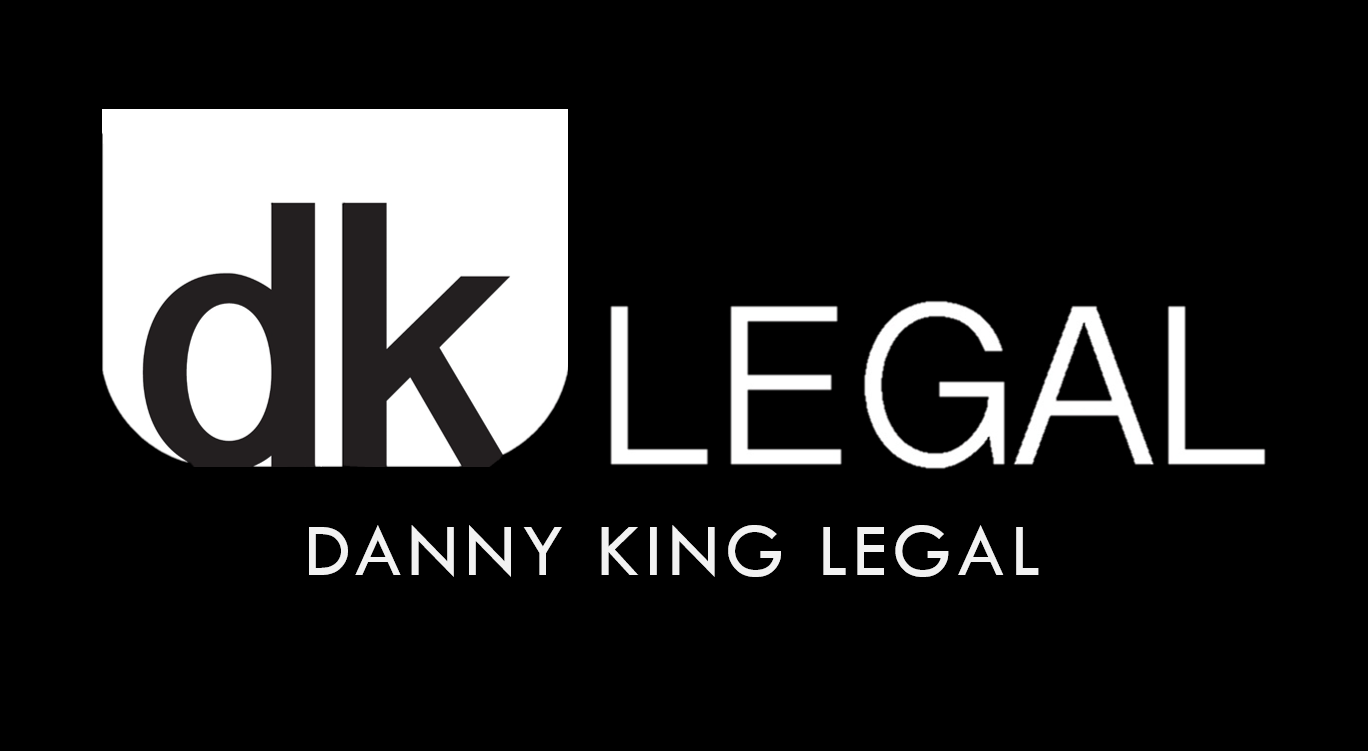Termination of employment can be one of the difficult realities of business and for employees. It may occur through voluntary resignation by the employee or dismissal by the employer, on the grounds of redundancy or for other reasons. There are a number of things to consider in going about terminating an employment relationship, for both employers and employees.
There are many ways in which an employment relationship can be brought to an end. There are also a number of claims an employee can make under the Fair Work Act against the employer if the employee believes their termination was unlawful.
Why choose DKL?
We treat all clients with respect and dignity, and understand that when confronting workplace issues, it is natural to feel vulnerable and confused. As an experienced team of employment law experts, we have assisted many employees and employers to proactively manage issues within their workplaces and reach tailored and effective solutions.
If you have been dismissed from your workplace and believe the circumstances surrounding your termination were unlawful, DKL can assist, represent and provide you with support to navigate through what is a very difficult time for all employees.
DKL can provide employers with advice to help understand its obligations, assist in organisational restructures and redundancies, write appropriate and effective policies, and help comply with policies to avoid risk.
Call us on +61 (2) 9233 5669, email hello@dannykinglegal.com, or submit a webform to speak to one of our onboarding team about how we can help you.



